Beyond clumsy scientific interfaces lies the opportunity to produce visualisations that link knowledge to values
Barbara Hock from Scion Research specialises in environmental spatial analysis and modelling. Her current research involves visualisations for sustainable forest management.
Barbara is interested in making science more accessible in ways that relate to people’s values. The ability to see models of ecosystem services and to do so in a way that includes people, is one of the goals of Sam’s Sustainable Lens research agenda. How awesome does he think that is? Very.
Talking points:
If we could take data and make it relevant in the settings where people are, how they interact with the land
People starting to value ecosystem services – we can help with that
People expect quick results, with the speed of data, and annual reports, but sustainability is a long term deal.
(Am I an activist?). No. I consider I’m more like leading from behind. These are the things that are very useful for people, to know about and to able to access. I have skills in technical areas, and knowledge in social areas, so I can combine them to create this space that provides a better overall understanding. And that can help people in whichever forum. In the end we work towards better life and lifestyle – that’s a good driver. Things that facilitate that, that’s great.
If you enjoyed this, you might like:
Beth Karlin transformational media and commuication research
Olaf Schroth participatory collaborative planning through visualisation.


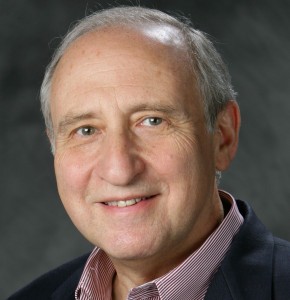

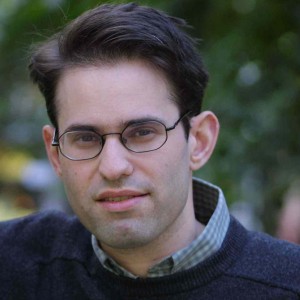
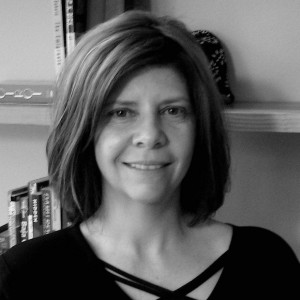
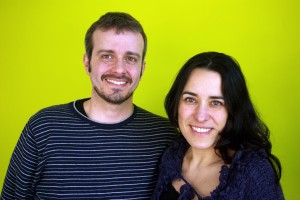
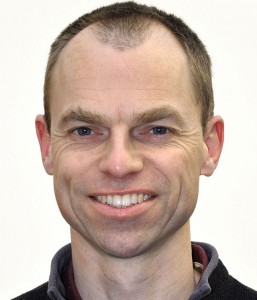


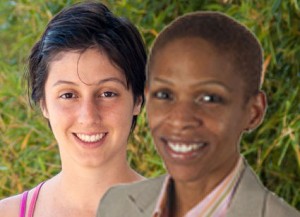
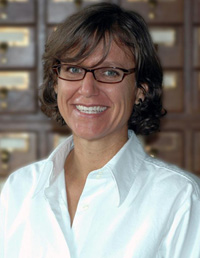


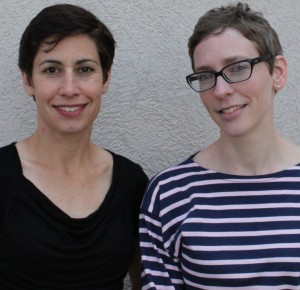

 </>
</>
